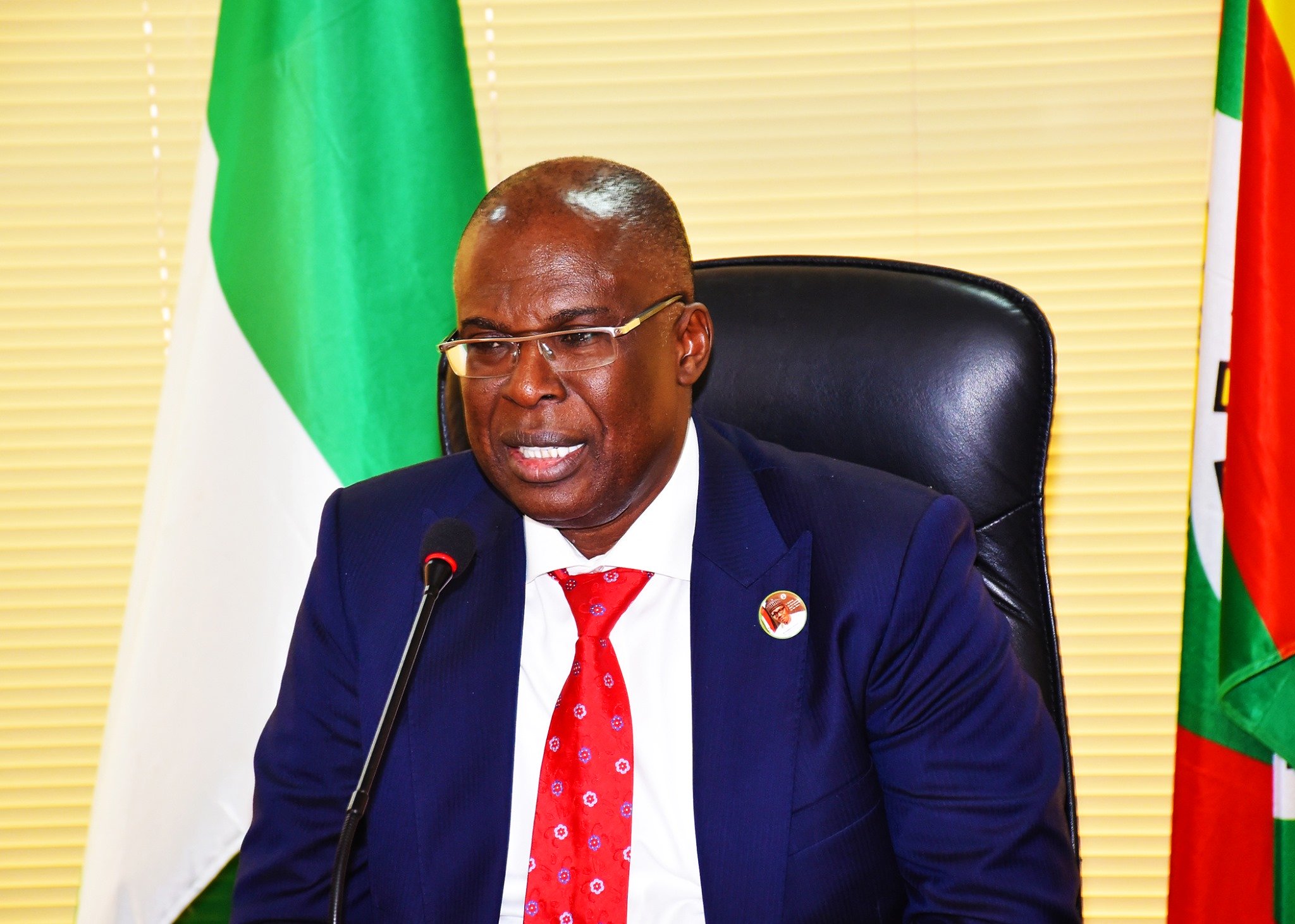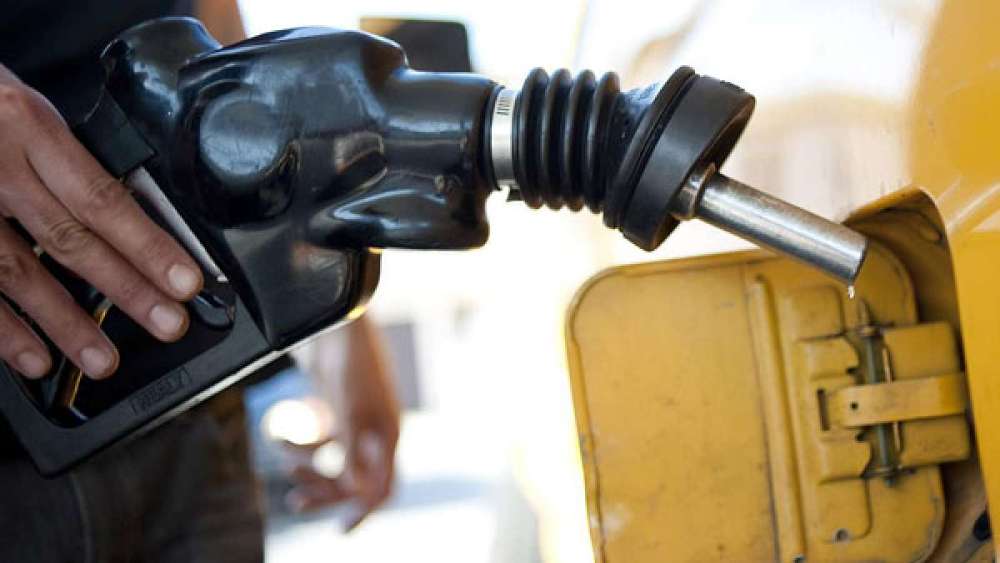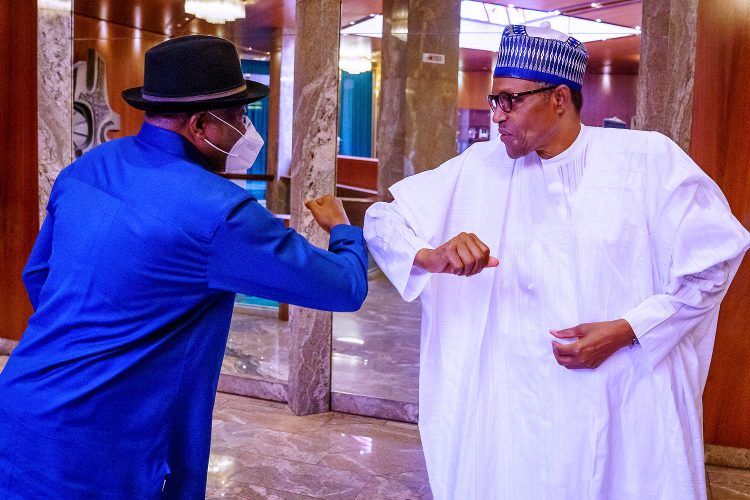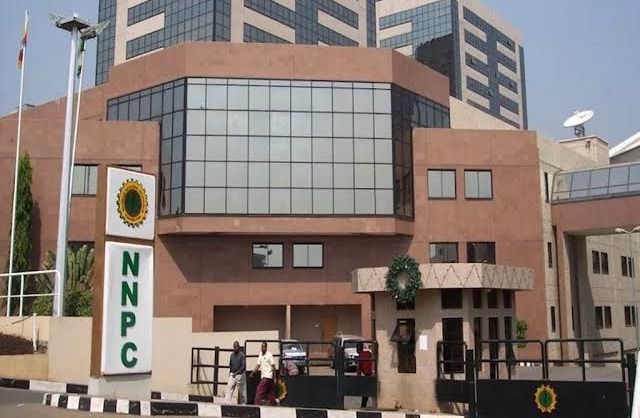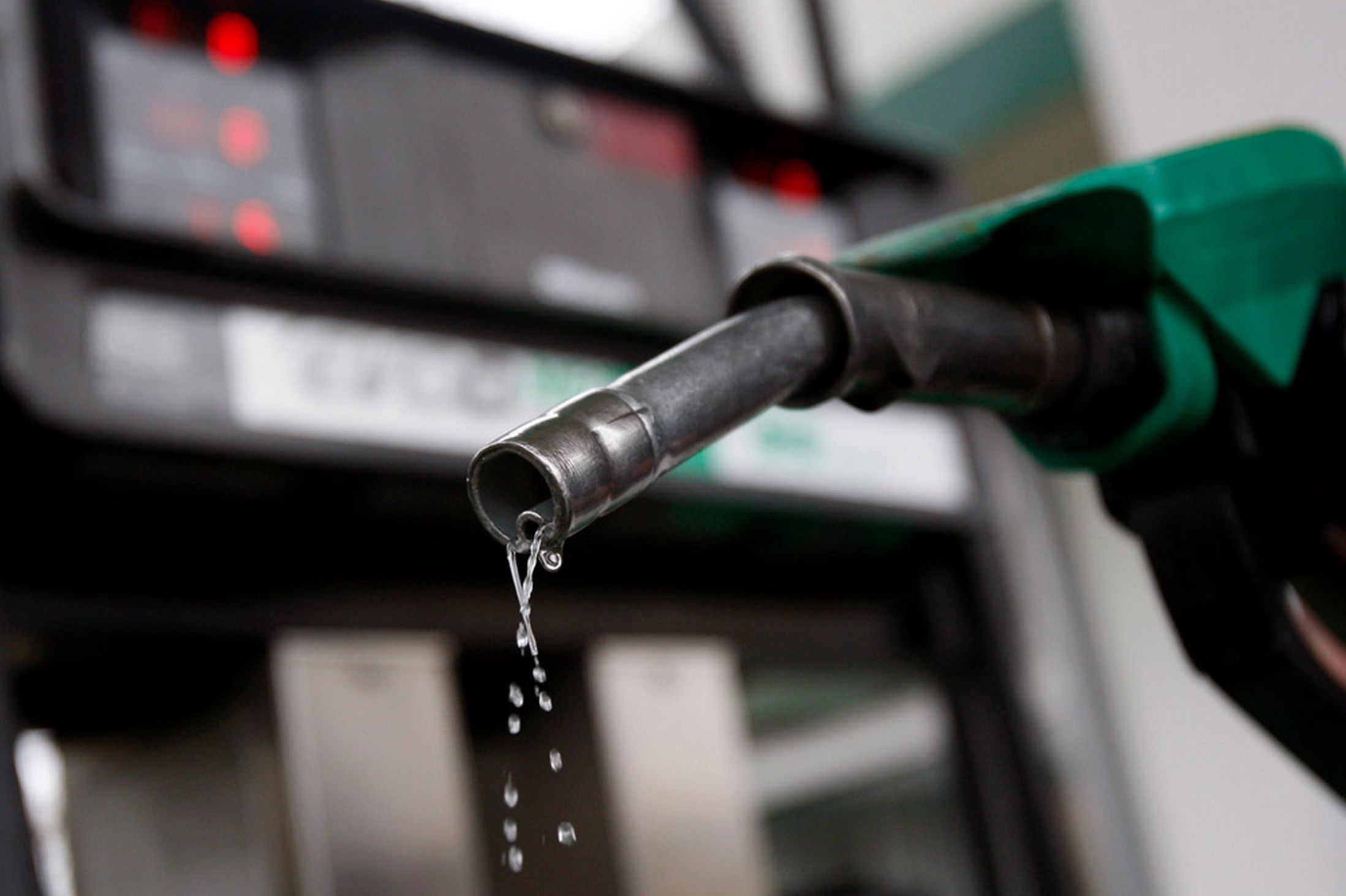The Federal Government has scrapped the Department of Petroleum Resources (DPR), Petroleum Equalisation Fund Management Board (PEF[M]B), and Petroleum Product Pricing Regulatory Agency (PPPRA).
As a result, the government announced the transition of the now-defunct DPR, PEF(M)B, PPPRA to the newly introduced agencies and their chief executives with respect to the Petroleum Industry Act (PIA).
The scrapping of the three agencies was announced by the Minister of State for Petroleum Resources, Timipre Sylva, a statement from the ministry revealed.
“The new agencies are the Nigerian Upstream Regulatory Commission, as well as the Nigerian Midstream and Downstream Authority,” said the statement posted on the ministry’s Facebook page on Monday.
“The management team comprises Engineer Gbenga Komolafe, Chief Executive Officer of the Nigerian Upstream Regulatory Commission, while Engineer Farouk Ahmed is the Chief Executive Officer of the Nigerian Midstream and Downstream Regulatory Authority.
“H.E. Timipre Sylva charged the new chief executives to be up and doing in their respective areas, in order to ensure that there is a smoother, fuller actualisation of the PIA.”
Before the latest development, the DPR monitors fuel stations across the country to ensure products are not hoarded, among other functions while PEF(M)B is the special intervention put in place by the government to ensure products are sold at approved prices.
PPPRA, on the other hand, is saddled with the responsibility to determine the pricing policy and regulate the supply and distribution of petroleum products, among others.
TheNewsGuru.com, TNG reports that President Muhammadu Buhari on August 16, signed the PIA to replace the obsolete Petroleum Act of 1969, after several years of pressure on successive administrations to enact the law.
Two days later, he approved the setting up of a steering committee chaired by Sylva to immediately commence the implementation of the Petroleum Industry Act (PIA). The committee has a duration of 12 months for the assignment.
President Buhari, in a letter dated September 16, asked the Senate to amend the PIA, saying the request became necessary after he reviewed the administrative structure of the Nigerian Midstream and Downstream Petroleum Regulatory Authority and the Nigerian Upstream Regulatory Commission.
He listed the three areas of the Act he sought to be amended to include the appointment of non-executive board members, removal of the Ministries of Petroleum Resources and Finance from the boards of the two institutions, as well as the appointment of executive directors.
